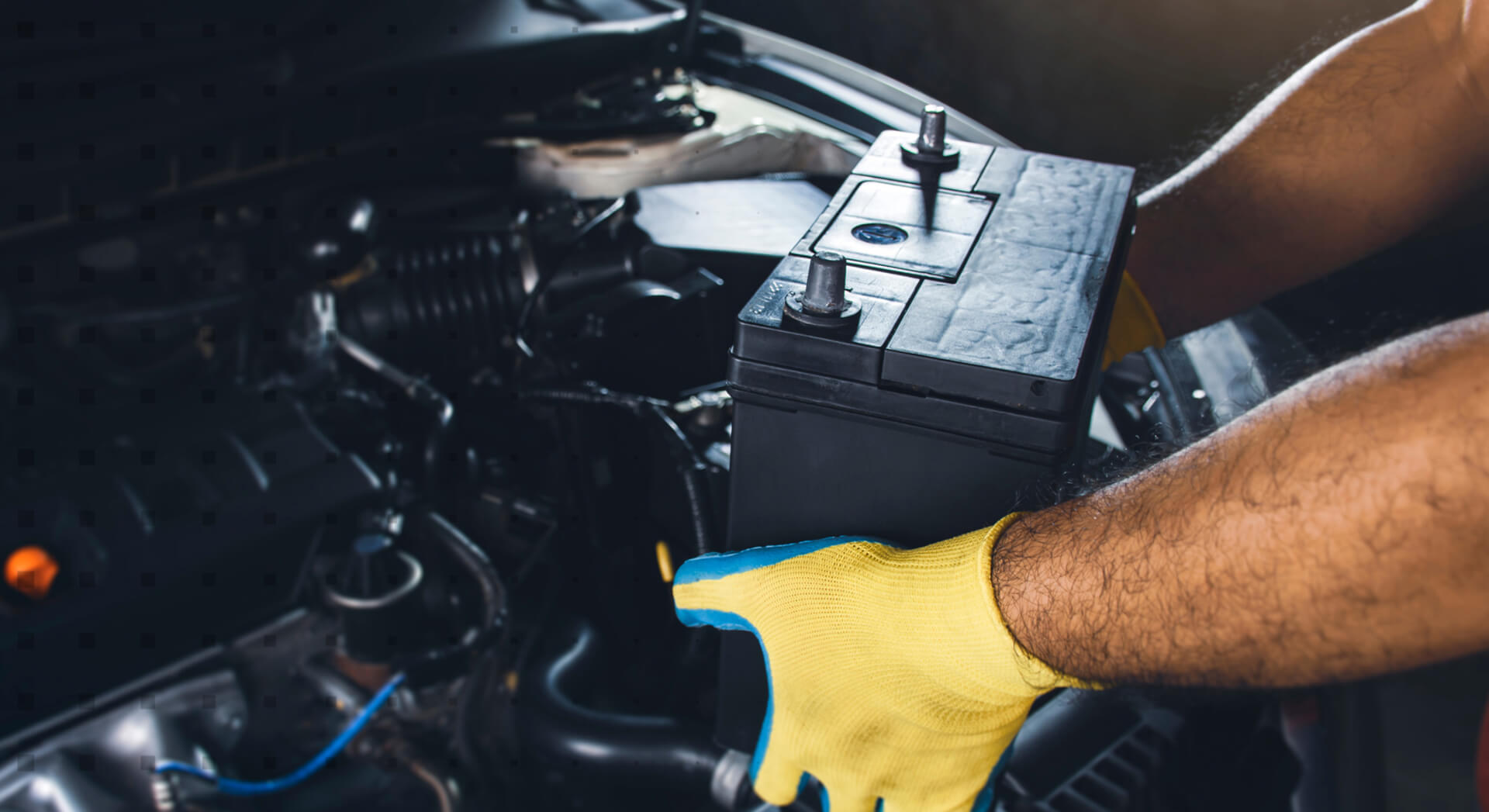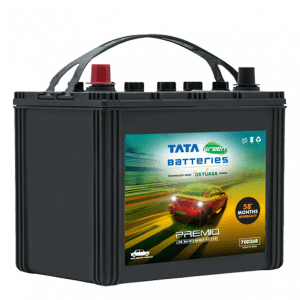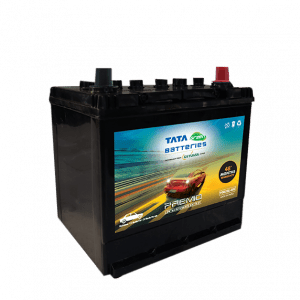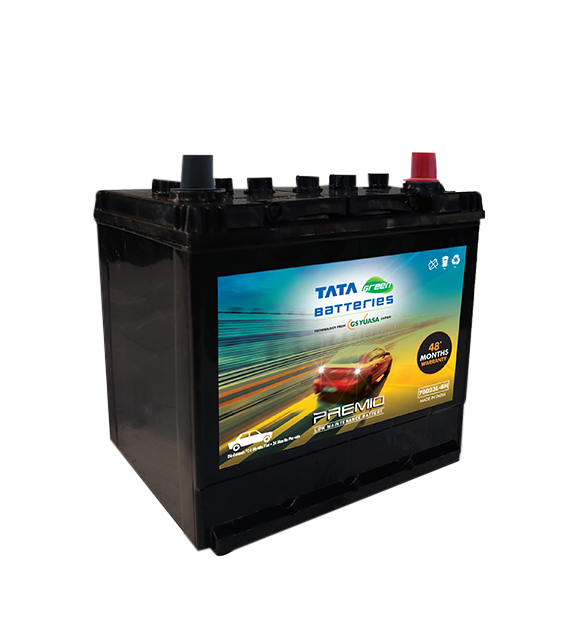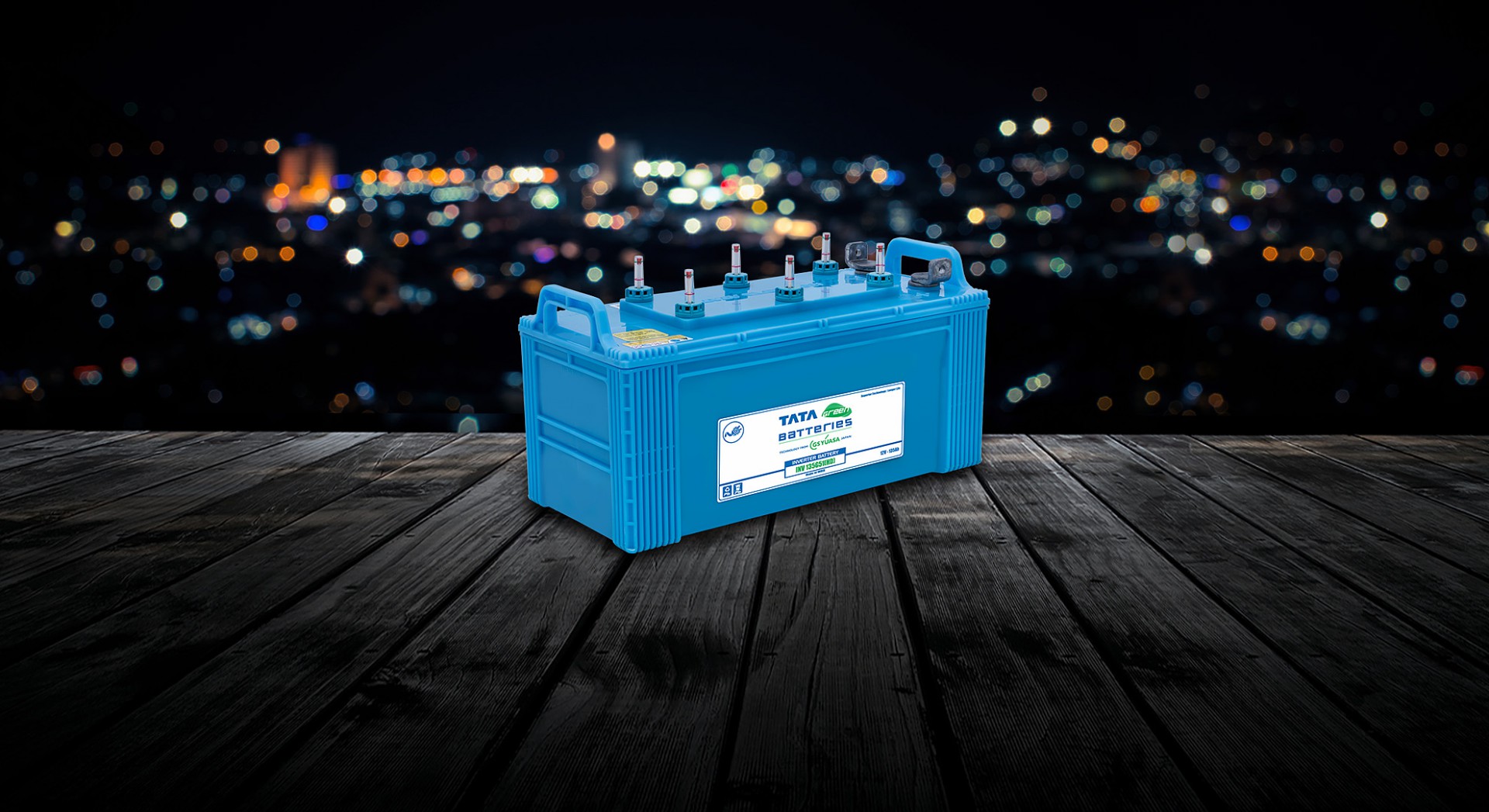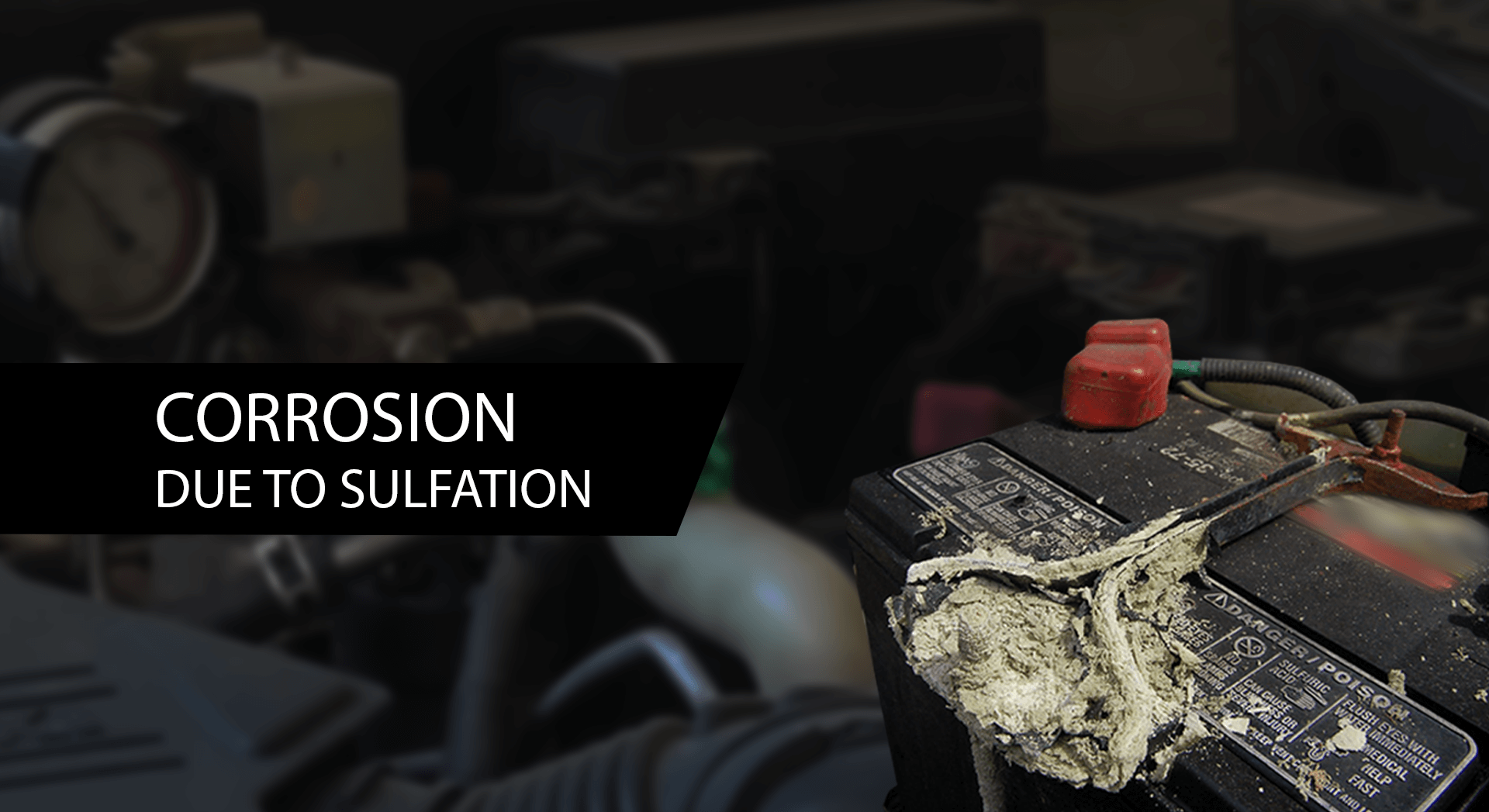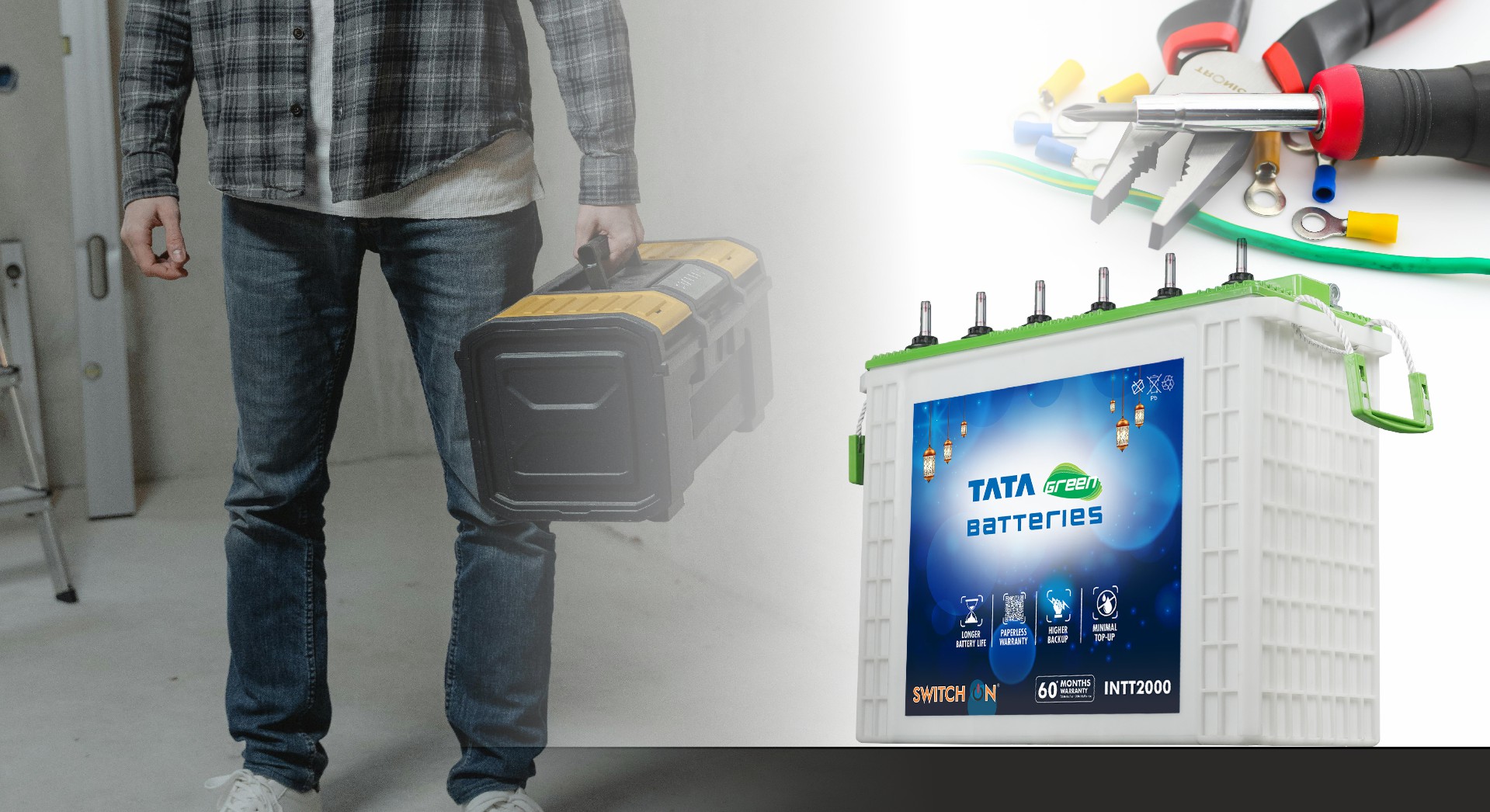Car batteries, while essential for every vehicle, are often misunderstood. Many car owners operate under misconceptions that can lead to poor car battery maintenance or unexpected failures. Understanding the truth behind these myths can help ensure that your car battery performance is optimal and lasts longer. In this blog, we’ll debunk some of the most common myths about car batteries, providing you with the facts you need to make informed decisions.
1. My car battery must be ok because I haven’t used the car much
A common assumption among car owners is that “if you don’t use the car, the battery won’t drain”. This is not true. On the contrary, the more the car is used, the healthier the battery will be.
Most cars today use a 12V car battery to power the electrical equipment in the car battery. Car battery manufacturers in India promptly provide battery care instructions and tips with battery manuals on their websites and so on. More often, you would notice that the engine is instructed to start and run for about an hour or half every week so that the battery stays in good condition and doesn’t betray you at the time of need. It is important to start the engine occasionally even if the car is idle for longer periods. This helps the battery to refresh, release loose electrons and restore lost power.
We at Tata Green Batteries recommend starting your engine and letting it run for about 30 minutes to an hour every week if the car isn’t being driven regularly.
2. Hot Weather Improves Battery Performance
Like any other myth about the 12V car battery, this one is also quite dangerous for an assumption. Not only does the extreme weather negatively impact the battery but it also makes way for a mishap sometimes.
Lead-acid batteries perform best when operated in a suitable environment. Even though most car batteries can survive temperatures as low as -18º C and as high as +80º C, exposing the car battery to extremely low or extremely high temperatures for a very long time is not wise. If the battery is left unattended in a hot environment, the electrolyte will evaporate very quickly, resulting in a loss of power and thereby, reduced performance.
In hot climates, keeping your car in shaded or covered parking areas can help prolong car battery lifespan by protecting it from excessive heat.
3. “Brand Doesn’t Matter; Any Battery Will Do”
Another dangerous myth is that the brand of the car battery doesn’t matter, and any cheap alternative will work just as well. Nearly half of the battery market in India is unorganised. Not all car battery manufacturers in India are backed by the combination of technology and trust, as in the case of Tata Green Batteries. Locally manufactured batteries are much cheaper than branded ones but they come with their drawbacks.
Branded car batteries are manufactured responsibly, keeping the laws in mind and using good, genuine raw materials. Simply speaking, if you want a 35Ah car battery for your vehicle, the local battery manufactured without details in mind can harm your vehicle’s electrical circuit. If you don’t want to play with your car’s safety, always choose the best car battery brand with exact specifications.
4. “A Quick Drive After a Jump Start Fully Recharges the Battery”
If you’ve ever needed to jump-start your car, you might think that a short drive afterwards will fully recharge the battery. While driving the car does help recharge the battery, it doesn’t always restore it to full health, especially if it was fully discharged. The alternator in your car is designed to maintain the battery’s charge but not to completely recharge a dead battery.
It’s advisable to use an external battery charger for a proper and faster recharge. This will ensure that your battery reaches its optimal charge and avoid issues like incomplete charging, which can lead to further degradation over time.
5. “All Car Batteries Are the Same”
This is a huge mistake. If you look at batteries of different brands and technology, they may look the same at first; mind you, they are not.
Batteries used in traditional cars and electric cars are completely different. If we talk about only Lead-Acid batteries, there are minor technological differences there, too. The performance of the battery, lifespan of the battery and reliability depend on what goes inside the battery. Lead-acid batteries use different alloys of lead, viz. lead–lead, lead–antimony, Lead-copper, Antimony–Antimony and so on. These are the factors that decide the car battery price as well.
Therefore, choosing the right car battery isn’t just about picking one that fits—it’s about selecting one that suits your vehicle’s needs and your driving habits.
6. “A Battery Test Isn’t Necessary Until It Shows Problems”
Many car owners only consider testing their batteries when encountering problems, such as difficulty starting the car. However, waiting until your battery is in trouble can leave you stranded at the most inconvenient time. Regular battery testing is essential for monitoring its health and detecting potential issues early.
Car batteries gradually lose their ability to hold a charge over time. Most batteries last between 3 to 5 years but factors like extreme temperatures, frequent short trips, and poor maintenance can shorten battery lifespan. Testing your battery during routine car maintenance checks can give you peace of mind and help you plan for a replacement before it fails unexpectedly.
Conclusion
Car batteries are often overlooked, yet they are one of the most critical components of your vehicle. By debunking these common myths, we hope to shed light on the proper care and maintenance your car battery requires. From ensuring regular use to choosing a trusted brand like Tata Green Batteries, understanding your car’s battery can help you avoid unnecessary breakdowns and extend the car battery lifespan.

